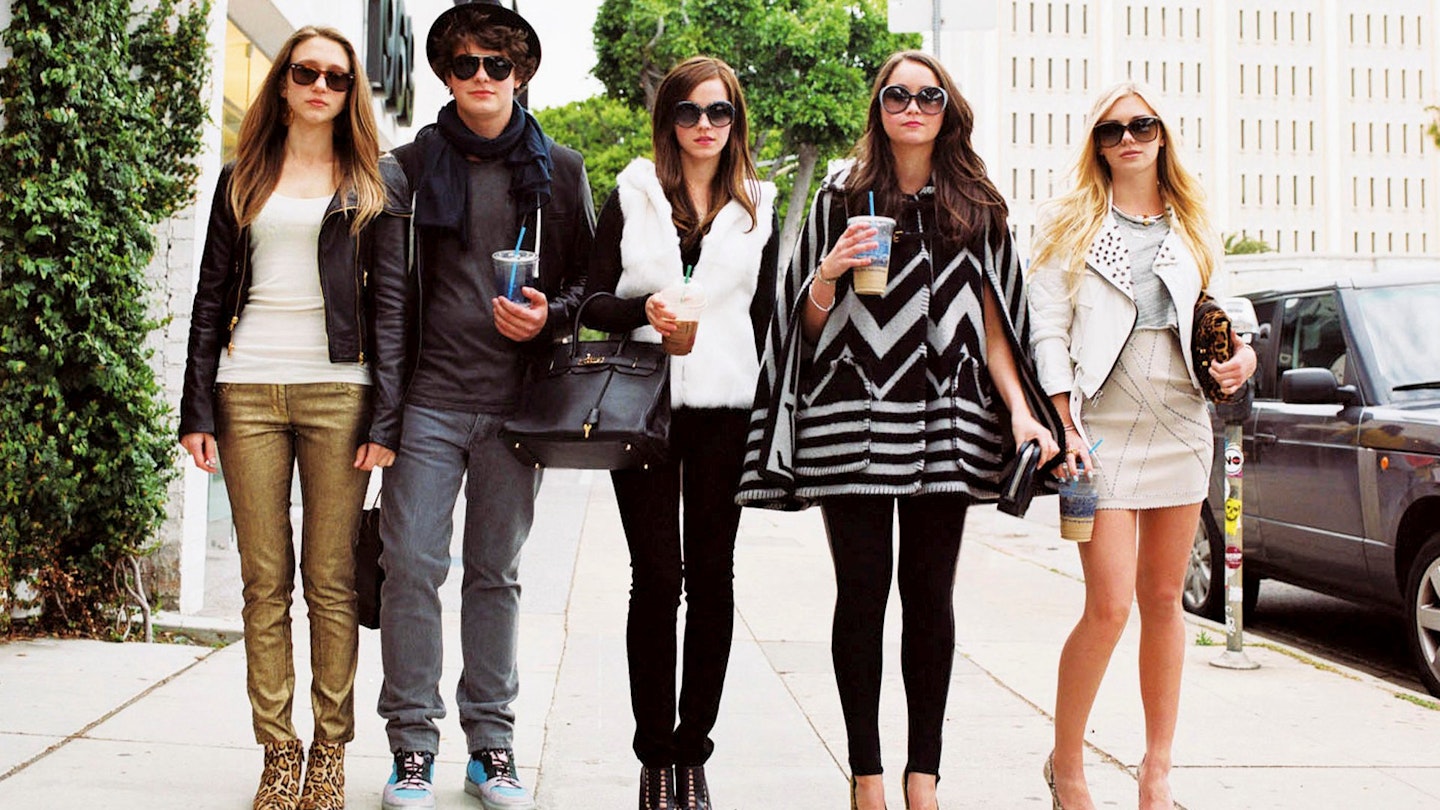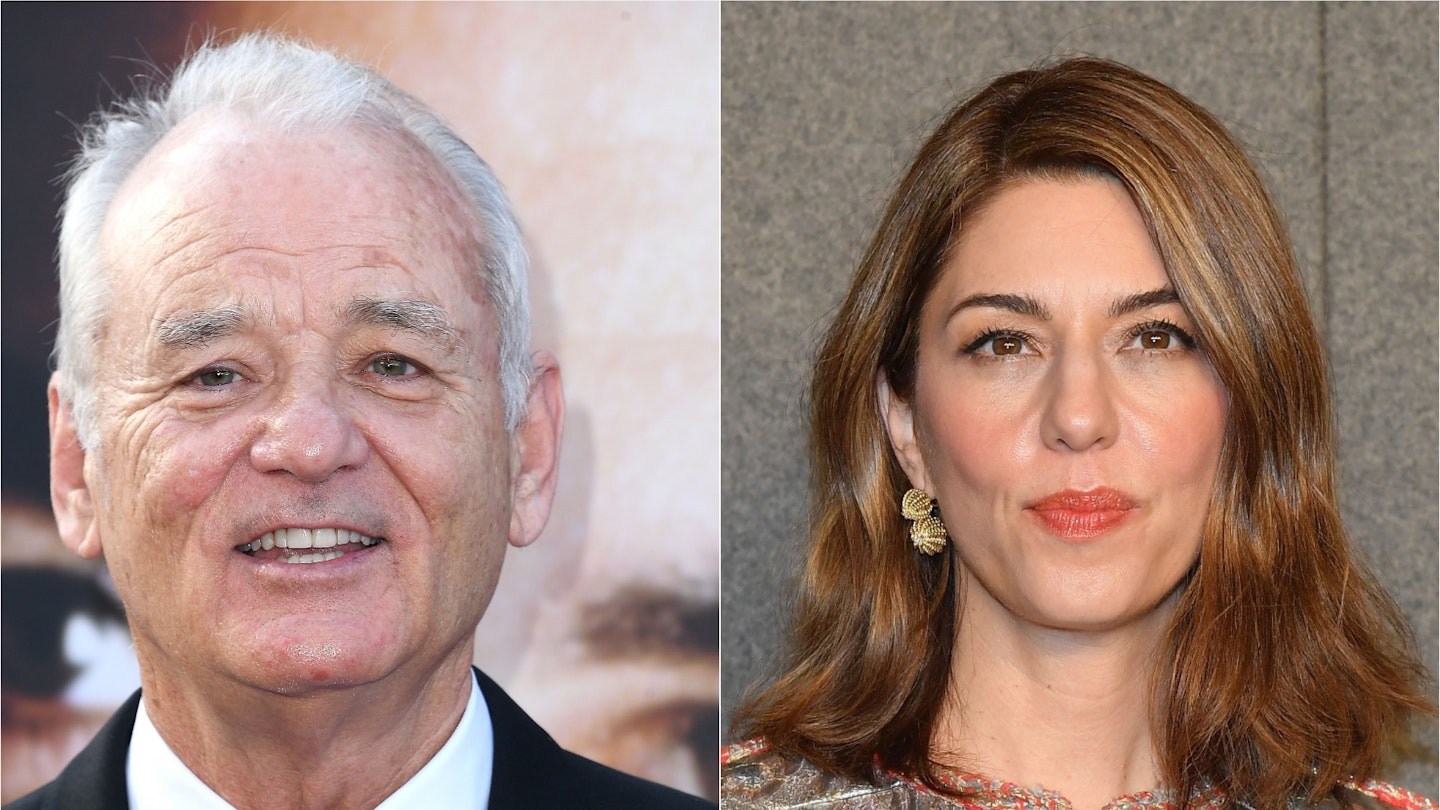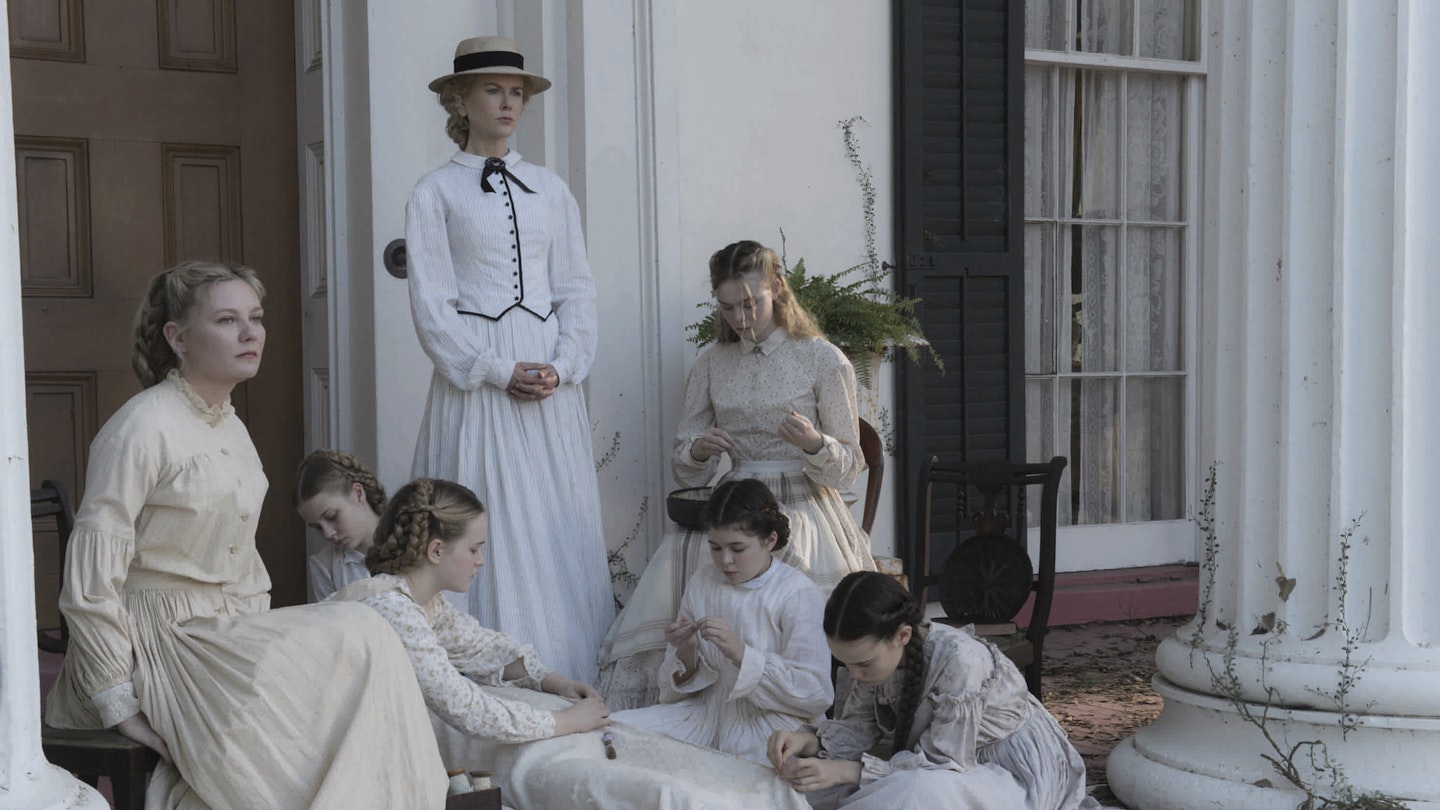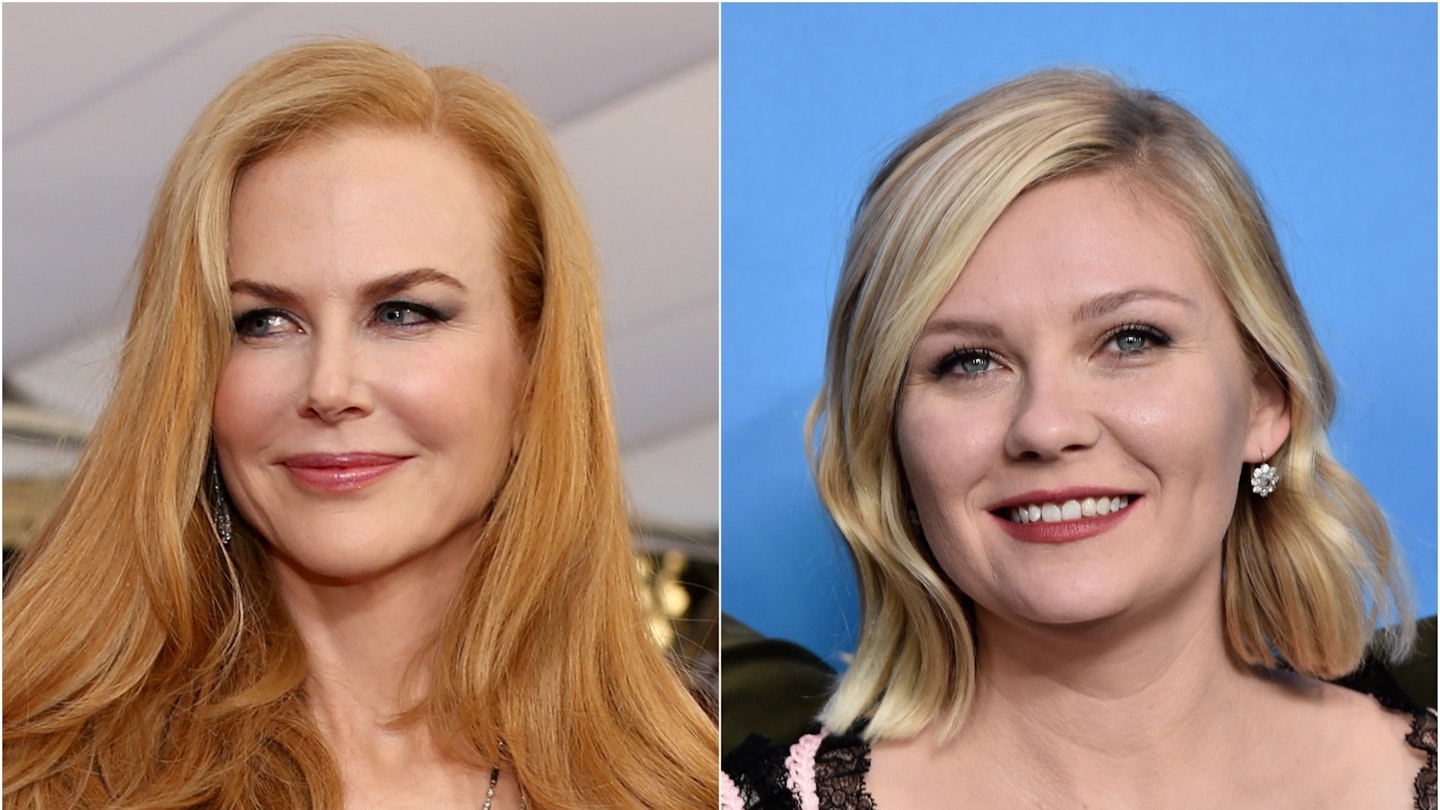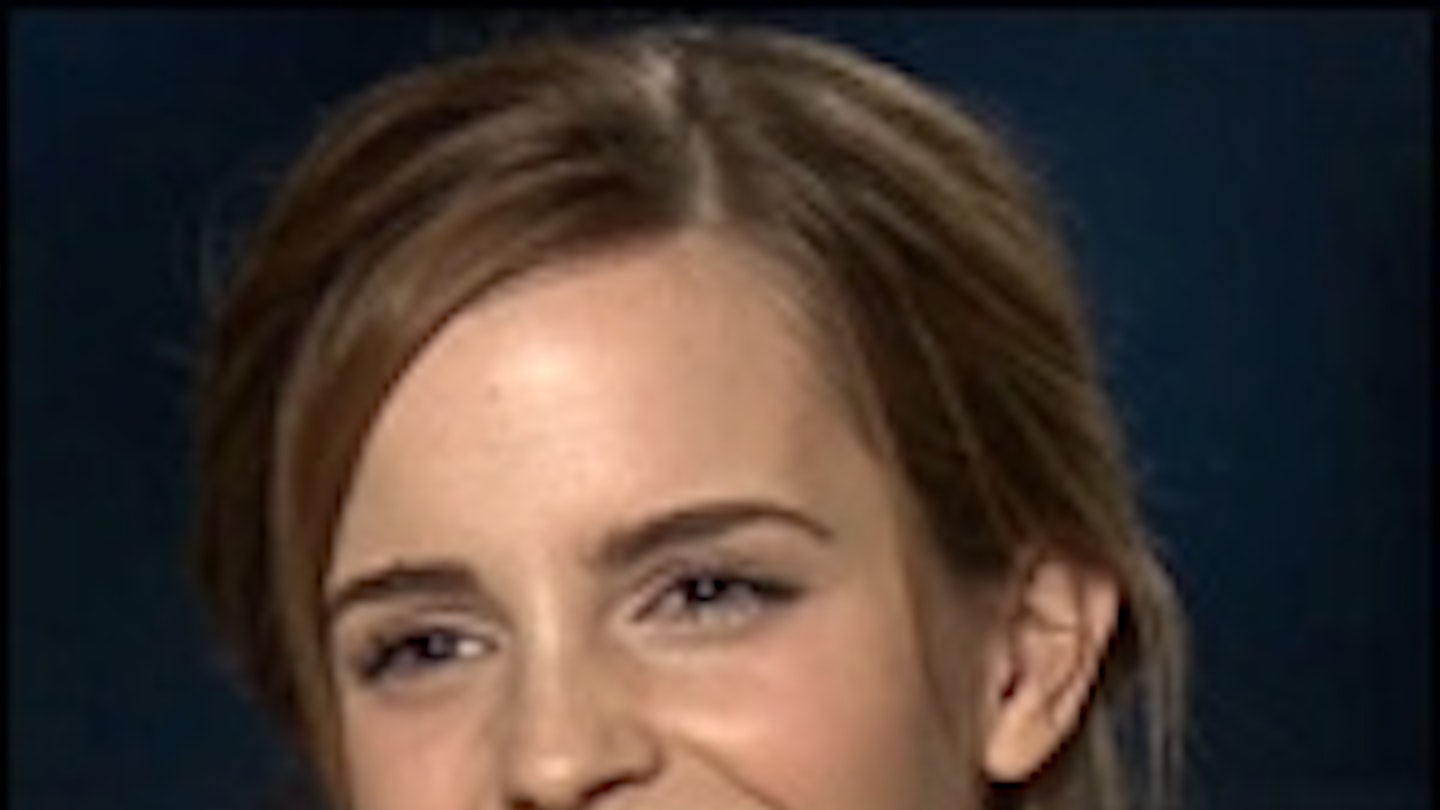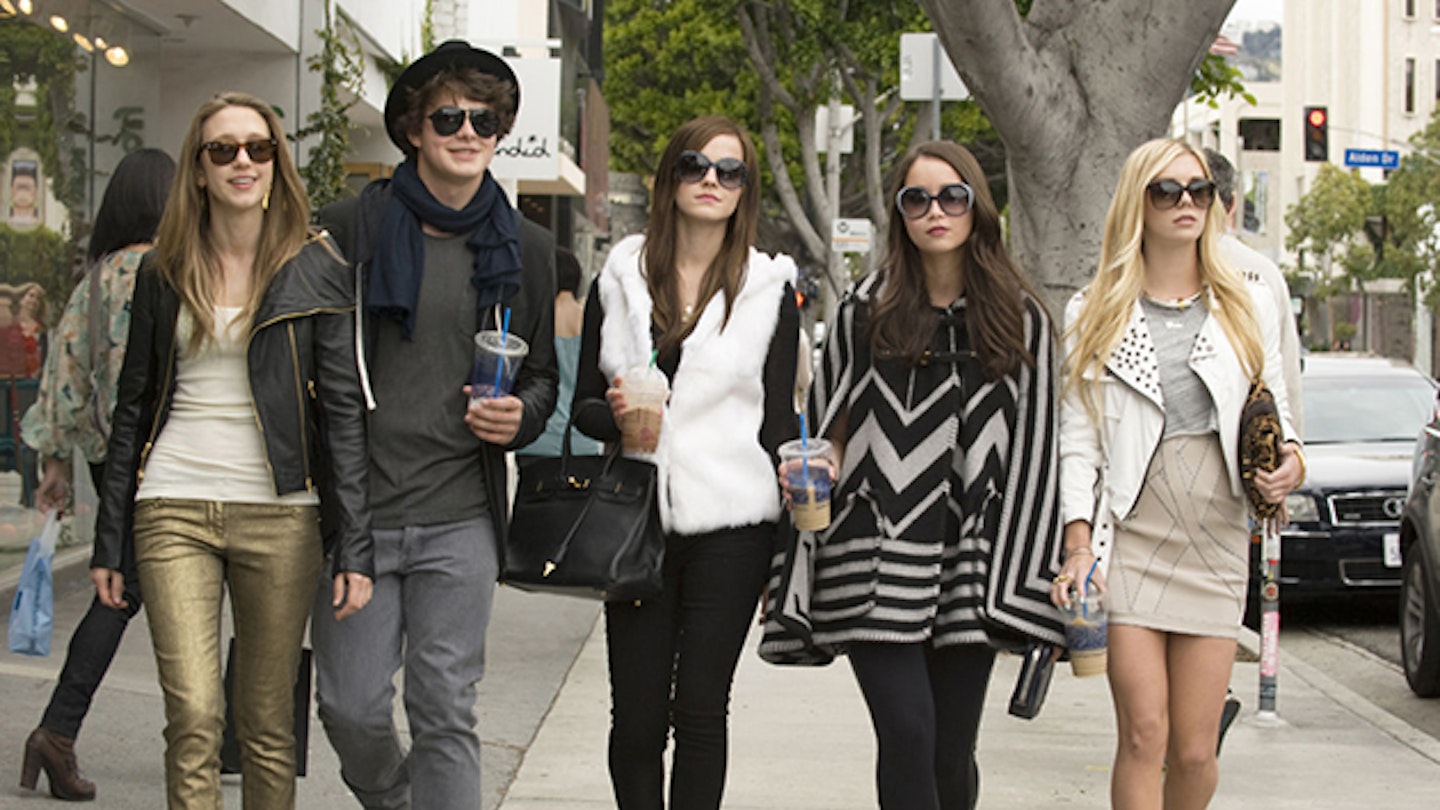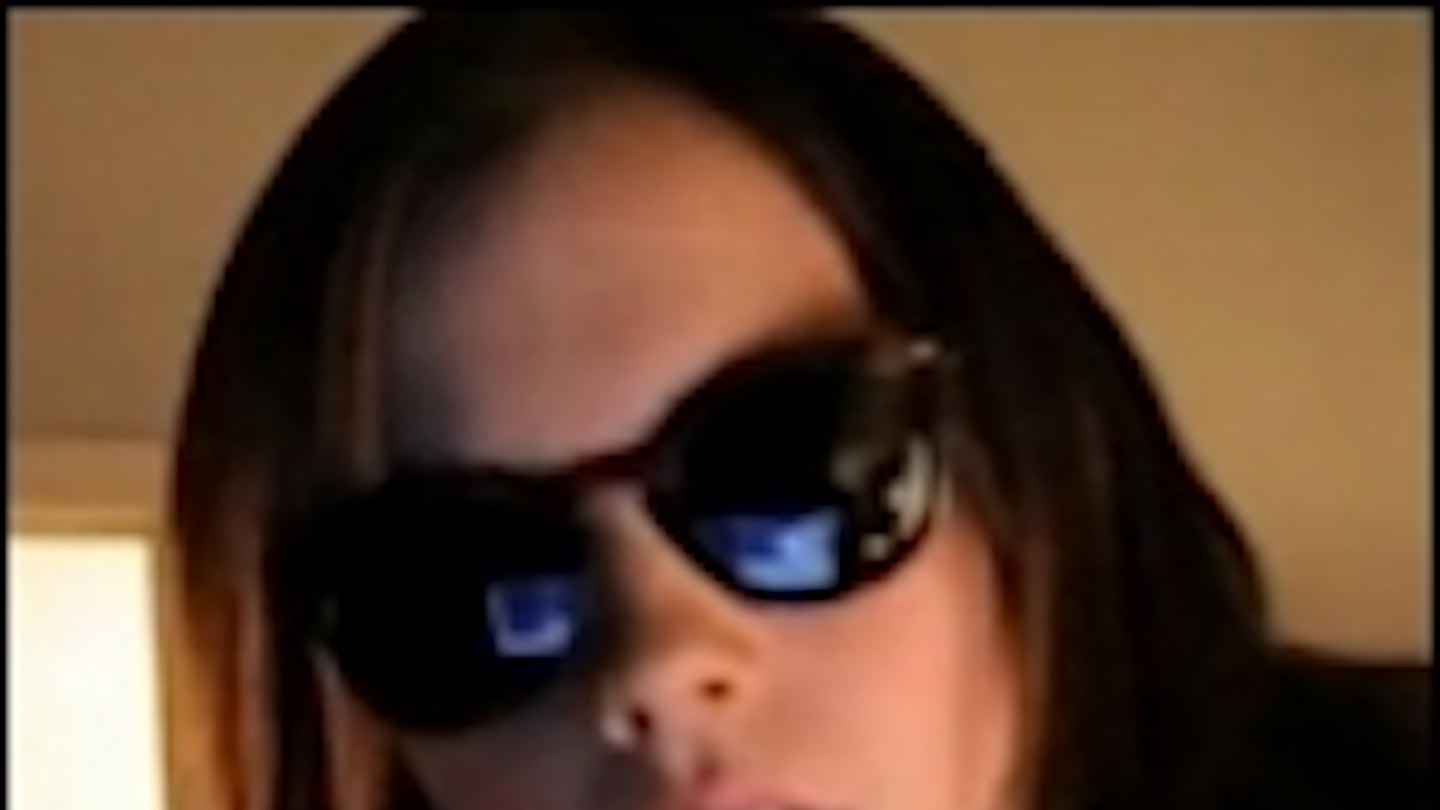Super-rich kids with nothing but fake friends,” sings Frank Ocean at the end of The Bling Ring. Rarely has a closing credits tune been more apt. Sofia Coppola’s paean to celebrity worship, Facebook stalking and calling your BFFs “bitches” may continue the obsession laid out in her previous flicks — little girls lost in the trappings of privilege — but this feels different from The Virgin Suicides, Lost In Translation or Marie Antoinette. This is Coppola on breezier form, still occasionally poetic and dreamlike but, hopped up on hip hop, a little lighter, more spirited Sofia. As such, it may be her most commercial film to date.
The Bling Ring started life as a 2010 Vanity Fair article, The Suspects Wore Louboutins, detailing the crime spree of a gang of high-school kids, fuelled by boredom, technology and a desire to be in their own E! special, who stole north of $3 million-worth of cash, designer duds and trinkets belonging to the A to D list. Coppola paints these JDs in quick, telling strokes. Wannabe fashionista Rebecca (Katie Chang) wants to go to the fashion school “where all the Hills girls went”. Diffident new kid Marc (Israel Broussard) wants his own lifestyle brand. Nicki (Emma Watson), along with sister Emily (Georgia Rock) and homegirl Sam (Taissa Farmiga) are home-schooled by a New-Age mom (Leslie Mann) in lessons straight from the self-help bestseller The Secret. These kids are living in a land where Prada and Lohan are the new gods, and soon decide to take the keys to the kingdom.
After ringleader Rebecca and Marc get the thrill of theft by robbing a holidaying classmate, The Bling Ring turns from 90210 into a high-end heist movie as celebs such as Paris Hilton (who cameos and isn’t afraid to send up her persona — she is so dimwitted she leaves a key under the mat), Orlando Bloom and Megan Fox become the victims of these mean girls. Here Coppola gets to show her filmmaking chops, each robbery getting a distinct look: the burglary of Bloom is presented as rapidly edited surveillance footage; the ransacking of reality star Audrina Patridge’s home is captured in a single, elegant wide shot. Coppola’s attitude towards her antiheroes vacillates between antihero worship and sly satire (especially after they get caught). The film has a fluid morality, and
is all the more interesting for it.
In most modern crime flicks the accomplices are portrayed by the likes of Anthony Mackie, Dave Franco and Jay Baruchel. Here they’re played by Google Earth, Facebook and TMZ, as the media-literate, tech-savvy Clearasil crims plan their robberies online. Previous Coppola films have seen their heroines trapped by the prisons of suburbia, marriage or French court politics. Here the internet sets the characters free. Few films have captured lives lived on laptops so acutely. It would make a great double bill with The Social Network.
Coppola has long been an excellent chronicler of youth and in particular the ebb and flow of female friendships, and she draws great performances from her young cast. Building on The Perks Of Being A Wallflower, Watson offers a pitch-perfect delivery of Valley-speak and self-delusion. Chang also stands out as the gang’s full-on ringleader.
The film is dedicated to Coppola’s longtime cinematographer, Harris Savides, who died during the shoot (Christopher Blauvelt wrapped up), and, aptly for a film concerned with surface and show, it looks intoxicating. This film might not have the durability of Lost In Translation or deliver anything approaching social critique. But it does, for better or worse, capture something about kids today. At one point the gang, decked out in stolen clobber, walk down the street in slow motion to Kanye West’s Power — a kind of Reservoir Airheads. As a lucid snapshot of yoot in the early 21st century, it’s hard to beat.
